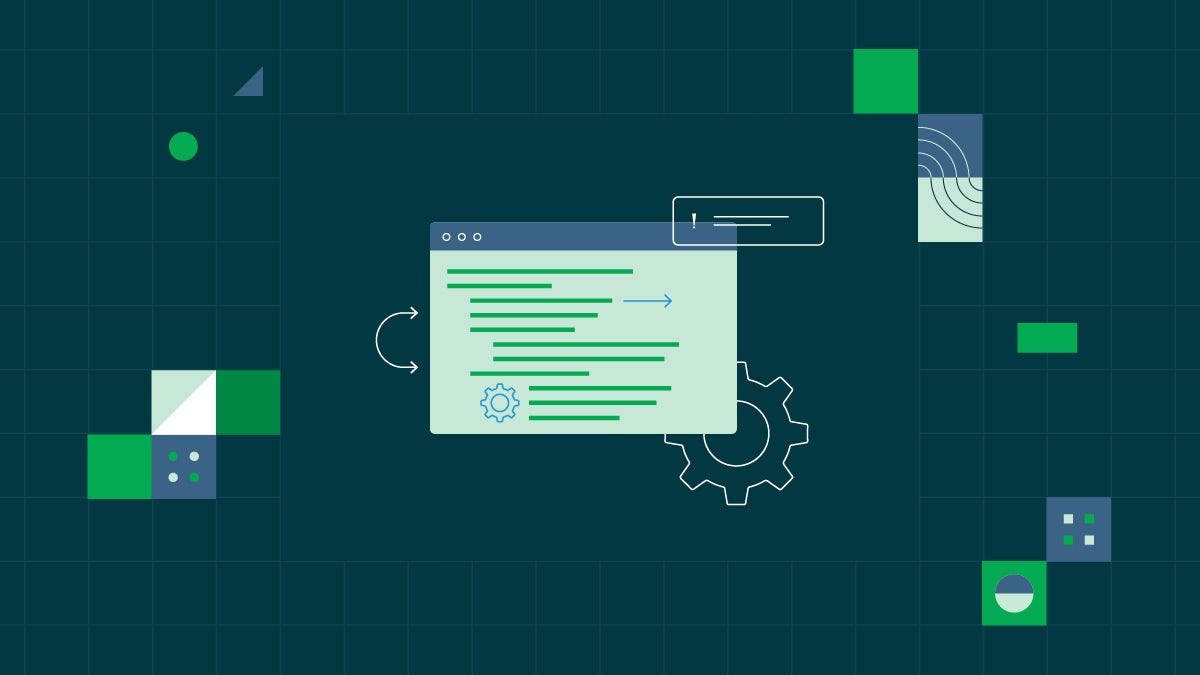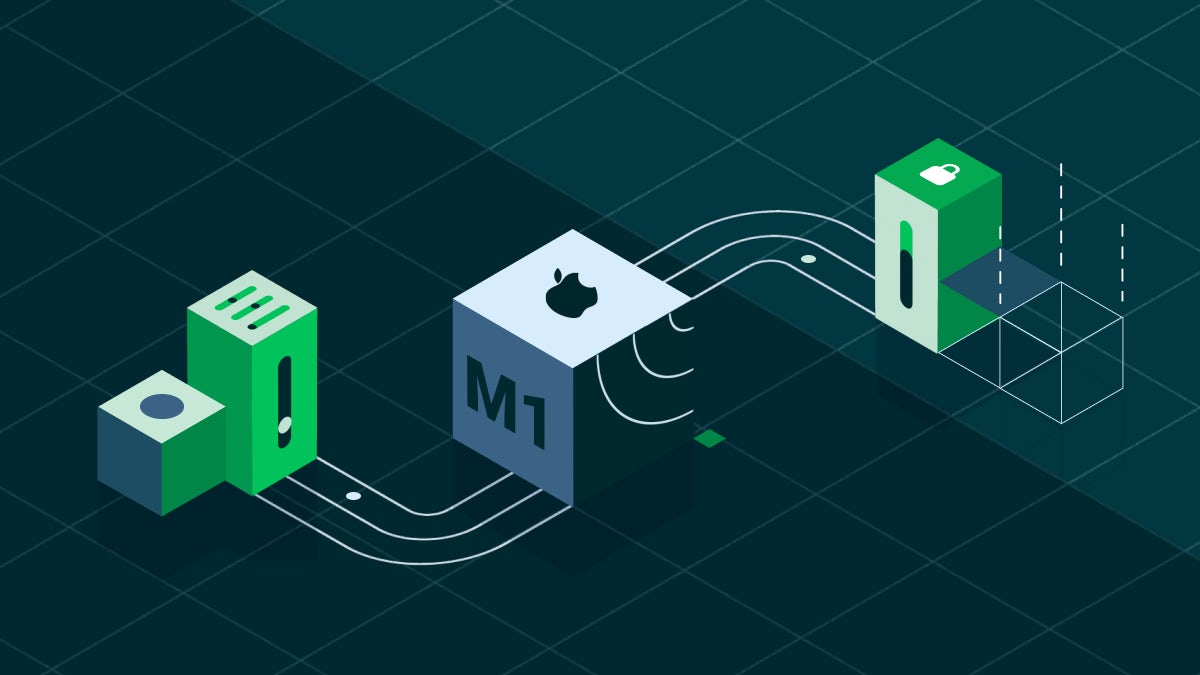CI/CD for Python Django development

シニア テクニカル コンテンツ マーケティング マネージャー

Ship Django applications faster with automated pipelines
Django powers many of the web’s most dynamic applications, but without effective CI/CD automation, slow builds, flaky tests, and complex deployments can stall development. Modern teams need to deploy Django applications quickly while maintaining security and performance.
For Django teams, continuous integration reduces manual effort, ensures consistent environments, and accelerates iteration. A well-designed CI/CD pipeline eliminates bottlenecks, automates testing, and prevents production issues.
What slows down Django teams?
Environment inconsistencies and dependency conflicts
Django projects often struggle with Python version management, virtual environment consistency, and package conflicts. Without proper automation, maintaining identical environments across development, staging, and production becomes challenging.
Testing complexity and database management
Software testing Django applications requires coordination between unit tests, integration tests, and browser testing. Database migrations, fixture loading, and test data management can create unpredictable results without proper setup.
Static files and asset pipeline challenges
Django’s static file handling and asset compilation need careful management during deployment. Teams practicing continuous delivery must coordinate collectstatic operations, compress assets, and handle CDN distribution effectively.
How CI/CD accelerates Django development
A structured CI/CD approach streamlines the entire development lifecycle:
For dependencies, automated virtual environment creation and package caching speed up builds. Requirements tracking ensures consistency across environments.
For testing, containerized test environments using Docker provide reliability. Automated migration testing and fixture validation prevent database issues.
For deployment, automated static file collection and environment configuration reduce errors. Blue-green deployments minimize downtime.
Essential tools for Django CI/CD success
Modern Django development relies on various tools that integrate into the CI/CD workflow:
- Package management: pip, Poetry, pipenv for dependency control
- Testing frameworks: pytest, factory_boy, Selenium for comprehensive testing
- Code quality: Black, flake8, pylint for style enforcement
- Security scanning: Bandit, SAST and DAST tools for vulnerability detection
- Asset management: django-compressor, webpack for static files
- Monitoring: Sentry, New Relic for application performance
Common CI/CD pitfalls for Django teams
1. Virtual environment management
Problem: Inconsistent Python environments lead to “works on my machine” issues.
Solution:
- Use deterministic dependency management with Poetry or pipenv
- Cache virtual environments between builds
- Implement proper version pinning strategies
2. Database migration challenges
Problem: Migration conflicts and data inconsistencies cause deployment failures.
Solution:
- Automate migration testing in CI/CD
- Implement proper rollback procedures
- Use separate test databases for parallel testing
3. Static file handling
Problem: Improper static file collection and compression create missing asset issues.
Solution:
- Automate collectstatic operations in CI/CD
- Implement proper asset versioning
- Configure CDN distribution automatically
Why CircleCI excels for Django development
Optimized for Django workflows
- Fast dependency caching – Speed up pip, pipenv, and Poetry installs with advanced caching.
- Multiple Python version support – Test applications against Python 3.x versions for compatibility.
- Automated database migrations – Validate Django’s
makemigrationsandmigratecommands in CI/CD. - Parallelized test execution – Run pytest-django or Django’s built-in test suite across multiple containers.
- Celery task validation – Test asynchronous background tasks with Redis/RabbitMQ inside pipelines.
- Static & media file handling – Automate Django’s
collectstatic** process for cloud-based storage like AWS S3, Google Cloud Storage, or DigitalOcean Spaces.
Deploy anywhere with confidence
Django applications are deployed across traditional servers, cloud environments, and containerized platforms. CircleCI enables:
- Zero-downtime deployments to AWS, Heroku, DigitalOcean, and self-hosted VPS environments.
- Database migrations and rollback automation to ensure smooth schema updates.
- Integrated infrastructure-as-code (IaC) tools like Terraform, Ansible, or Pulumi for managing cloud deployments.
- Dockerized builds for deploying Django applications with Kubernetes, AWS ECS, or serverless platforms.
Django teams choose CircleCI for its specialized CI/CD capabilities, ensuring faster development cycles, automated testing, and smooth deployments — without the limitations of all-in-one DevOps platforms.
Supercharge your Django development pipeline
Django teams need a CI/CD solution that accelerates development without compromising stability. CircleCI provides the tools and flexibility required to build, test, and deploy Django applications efficiently.
Teams following Agile practices particularly benefit from CircleCI’s ability to automate repetitive tasks and provide rapid feedback on code changes.
📌 Sign up for a free CircleCI account and start automating your pipelines today.
📌 Talk to our sales team for a CI/CD solution tailored to Django.
📌 Explore case studies to see how top Django companies use CI/CD to stay ahead.




